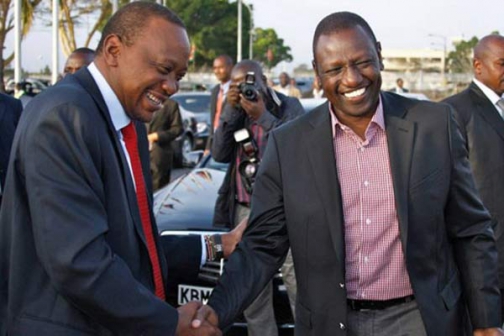
With the launch of the Jubilee Party we could be edging closer to a “dominant party” system. This isn’t the same as, and shouldn’t be confused with, a single party system.
The merger of the ruling Jubilee Coalition affiliate parties into one giant Jubilee Party has rattled the opposition. It could, unless the opposition picks itself up from the deep morass it is currently languishing in, set the stage for perhaps one of the most one-sided contests in the history of our electoral politics. Mr Raila Odinga, the ODM leader, and Mr Musalia Mudavadi, his Amani National Congress counterpart, are unequivocal in their criticism of the merger.